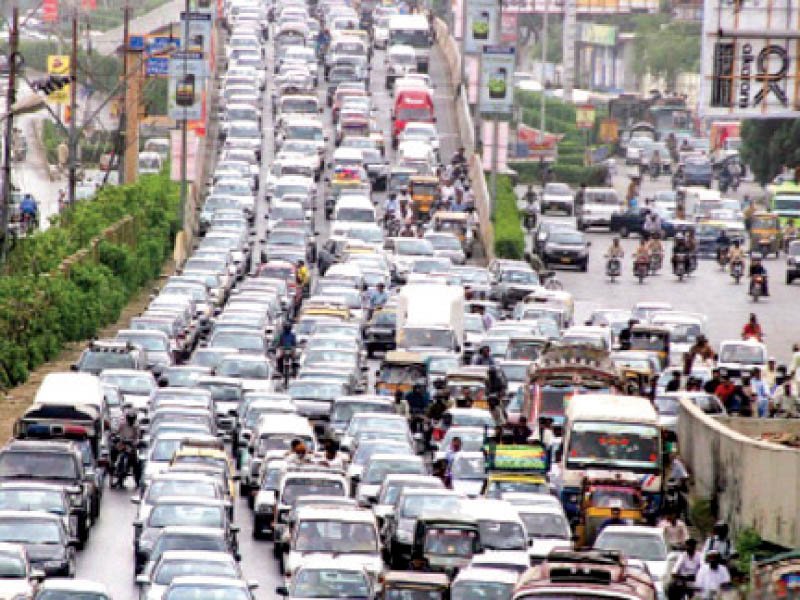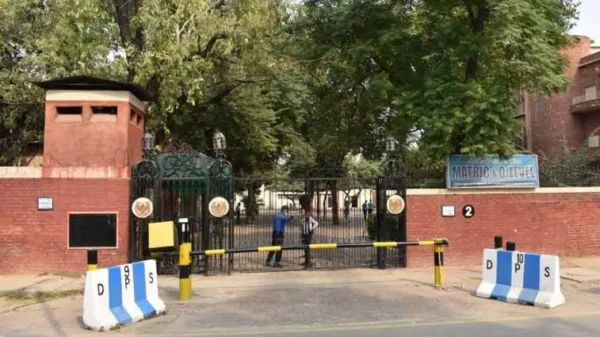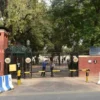Protests over the construction of new canals in Sindh have brought national transport to a grinding halt, with over 12,000 vehicles stranded on the national highway near the Babarlo Bypass. The ongoing blockade, now entering its sixth day, has disrupted supply routes between Punjab and other provinces, severely impacting the flow of essential goods.
Among the stranded vehicles are approximately 1,000 commercial trucks and 2,500 oil tankers, posing a significant threat to the supply of food and fuel across Sindh, Punjab, and Khyber Pakhtunkhwa. The protest, spearheaded by local lawyers in Khairpur, has already led to fuel shortages in areas like Ghotki and Pano Aqil. In Daharki, demonstrators have been stopping trucks en route to Punjab, worsening the crisis.
Traffic disruptions have also been reported in Thatta, particularly at Makli and Gharo, while in Qambar Shahdadkot, the main road linking Sindh to Balochistan has been closed, leading to spoilage of perishable goods and distress among livestock transporters.
Stranded drivers have complained of price gouging by local hotels and widespread lawlessness, including looting incidents that have added to their ordeal.
The Federation of Pakistan Chambers of Commerce and Industry (FPCCI) has issued a stark warning about the economic fallout from the ongoing protest. FPCCI President Atif Ikram Sheikh expressed grave concern, highlighting that the disruption is endangering national supply chains and threatening billions in trade losses.
In a formal statement, Sheikh pointed to the significant backlog at Karachi Port, where over 3,000 containers remain unclaimed, resulting in daily demurrage losses exceeding $2 million. He warned that if the situation persists, textile and seafood exports to the EU and Gulf could suffer losses of up to $50 million.
He further revealed that the supply of wheat and vegetables from Sindh, Punjab, and KP has already dropped by 40%, severely impacting household and industrial sectors alike.
Calling for swift intervention, Sheikh urged both provincial and federal authorities to take immediate action. He also demanded that the Council of Common Interests be convened without delay to address the crisis and restore normalcy.
“The FPCCI is fully prepared to support efforts aimed at resolving this situation,” he stated, warning that the consequences of inaction could be catastrophic for the national economy.










